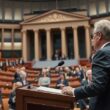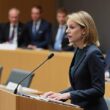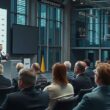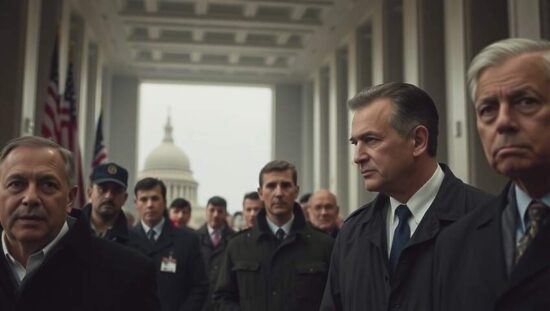Ukrainian President Volodymyr Zelenskyy expressed cautious optimism Thursday regarding potential progress at the EU summit in Brussels concerning the utilization of frozen Russian assets. Addressing a press conference, Zelenskyy asserted that decisive action was crucial to prevent a perceived Russian victory, emphasizing the need to leverage these funds to bolster Ukraine’s defense capabilities, specifically for weapons production. He stated a timeline for availability – ideally by early 2026 – would be ideal, while appealing for a “positive political decision” to support Ukraine, particularly through access to the frozen assets.
The European Commission has proposed transforming these frozen assets into a €140 billion “reparations loan” for Ukraine. However, this proposal faces significant resistance, notably from Belgium, a key location where a substantial portion of the assets are held. This resistance highlights the complex legal and political hurdles involved in repurposing assets belonging to a sovereign nation, even in the context of an ongoing and devastating conflict.
Zelenskyy welcomed the EU’s adoption of a 19th sanctions package against Russia, acknowledging the continued efforts of member states. He also expressed gratitude to countries participating in the Purl initiative, which facilitates the financing of US weaponry for Ukraine, noting the recent commitments from Finland and Spain.
His remarks arrived against the backdrop of growing concerns stemming from recent statements by former US President Donald Trump, who advocated for a cessation of hostilities and negotiations based on the current front lines. Zelenskyy strongly condemned this perspective, warning against any considerations of territorial concessions. He framed such proposals as unacceptable “trade-offs” arguing that conceding territory on Ukrainian soil constitutes an inherently unjust exchange – with Ukraine receiving nothing in return while another party gains access to its land. He reiterated the need for intensified pressure on Russia to incentivize genuine engagement in peace negotiations, a strategy clearly aimed at countering any signals of potential compromise that might embolden Moscow. The escalating rhetoric surrounding potential solutions highlights a deepening ideological divide within the international community regarding the parameters of a lasting resolution to the conflict.





